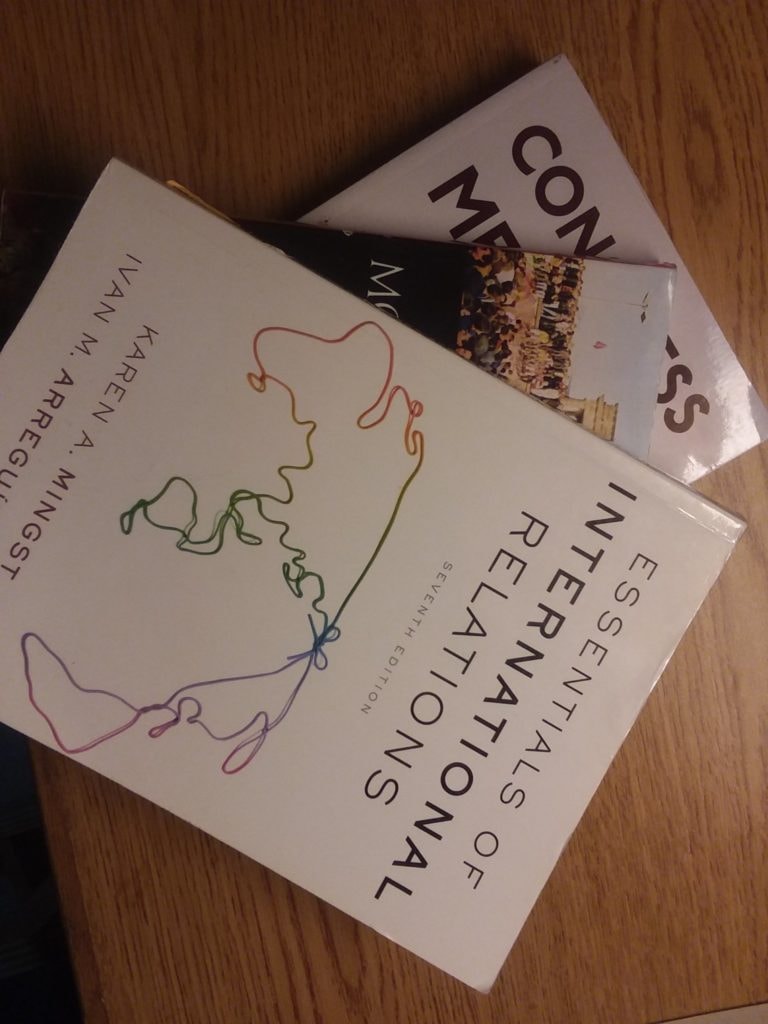A college professor needs to be an expert in the field they are teaching, but even the best expert can’t teach well sitting behind a desk, reading from a script of notes without visuals or animation. That’s great to have when the students themselves are trying to be experts in their fields. The problem is, that’s all that is required of a college professor. They don’t need to have a formal certification of teaching. Sometimes it’s not a problem, but other times it can hinder a student’s ability to learn and comprehend the material.
Interim chair of education Cindy Rice said, “Learning about teaching is learning about the way people think about things.” This is something professors should know in order to convey information in the most efficient and effective way. Different students have different learning styles and it’s hard to appeal to all of them, especially without the proper training. Rice was an elementary and secondary school teacher and has a teaching degree. She explained that as a teacher, “It is important to encourage students to think about how they think and learn.”

Book work is something that appeals to some students learning styles
Some professors teach very well even without a degree in teaching, but others do not, which makes their class a waste of time if the material is not being absorbed. Although the professors certainly know what they’re talking about, the students are not as versed in the subject and therefore don’t know what the professor is talking about. Education professor Laura Zucca-Scott admitted, “Sometimes us teachers get so excited in our content we get carried away.” It can be hard to explain information you know so well because after a point you might even assume that everyone else knows what you know as well. Also, when professors are excited about something, they sometimes assume the students are too. However, students might not understand it enough to be excited yet and the professor needs to slow down.
This all comes back to what Rice said regarding the way students think as something important that educators should be contemplating when they plan their lessons. Zucca-Scott added, “It’s hard to know and appeal to everyone’s learning style.” This is completely reasonable and should motivate professors to teach in many mediums throughout the week and throughout the course. A healthy sprinkle of visual aides, audio aides, book assignments and writing assignments within a course could help appeal to many learning styles. Rice added that technology has changed the way we can learn and that it can be a great support to struggling students. Interactive online assignments can be useful for students as well.
Zucca-Scott also taught at elementary and secondary schools. She has a teaching degree but also took courses on how to teach students in college. She learned that skills for teaching younger grades are transferable to teaching in upper-level education. Zucca-Scott said, “It’s important to share goals and objectives, to tell your students why you’re doing what you’re doing. It’s also important to communicate with your students on the issues and discuss why things aren’t working and handle the issues democratically.”

Interactive websites through advancing technology has enhanced the way students learn
According to Rice, Blackburn College does offer information on effective teaching practices. She said, “The college offers us videos, training, speakers, workshops and professional organization training.” Both Zucca-Scott and Rice agreed that if students are having trouble with the way a professor teaches, communication is key. “Be empowered enough,” said Zucca-Scott, “to tell them you need help.” Rice also recommends, “Take advantage of supports.” Tutoring and talking to other people to gain different perspectives was something both professors advised. “Sometimes it’s just about saying it a different way, so ask questions,” said Rice.

